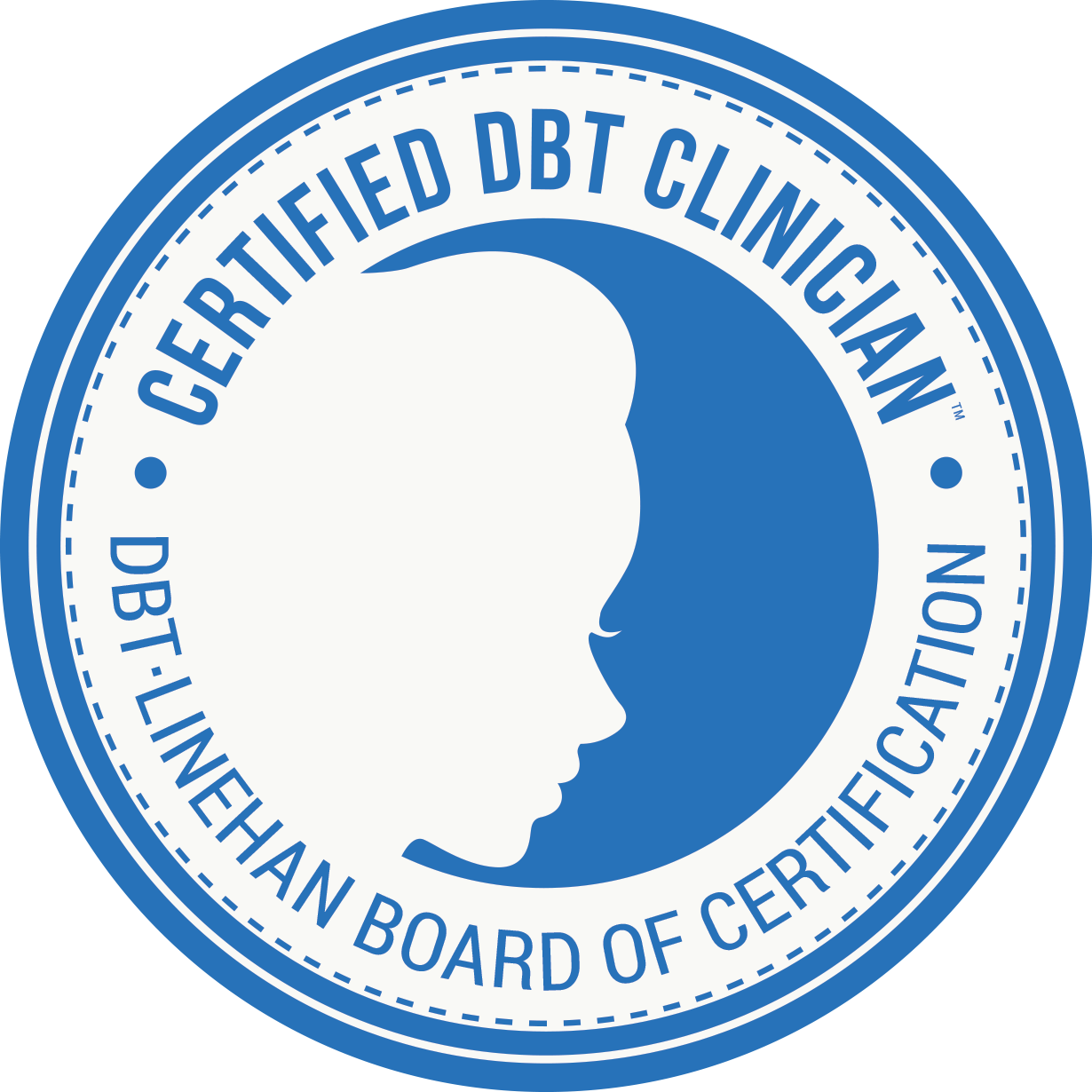Ah, the holiday season—the lights, the warmth, the aromas of delicious food filling the house… and for many of us, a bit of added stress.
If you’re in recovery during the holidays and dealing with an eating disorder, holiday gatherings can feel overwhelming.
Amid the feast and festivities, managing emotions and expectations around food is no small feat!
But with a sprinkle of mindfulness and a dash of self-compassion, you can make it through, gracefully sidestepping the pitfalls.
Let’s dive into some friendly, down-to-earth ways to stay grounded, feel empowered, and find joy (yes, joy!) in recovery during the holidays.
Holiday Meals and Recovery: Why It Can Be Tricky
The holiday season often revolves around family meals, traditions, and, yes, plenty of food-centered celebrations. If you’re working on recovery during the holidays, this time can bring unique challenges.
Aunt Edna might be pushing her famous pie at you for the fifth time, while others around the table might be chatting about their own food choices or diets.
It’s a minefield of well-meaning but potentially triggering moments.
But here’s the truth: you are in control of your journey, and recovery during the holidays is about you.
No one else’s comments or habits can define your path unless you let them. Let’s talk about some mindful strategies that can help you navigate these scenarios with confidence.
Mindful Tips for Eating Around Family During the Holidays
1. Set Boundaries Early On
Let’s be clear: it’s okay to set boundaries.
Recovery is a personal journey, and not everyone will understand your needs. But explaining them to a supportive family member can go a long way. If the conversation turns to food, diets, or anything that feels uncomfortable, it’s okay to gracefully bow out of that chat.
Knowing you have the freedom to disengage is crucial for recovery during the holidays.
2. Focus on People, Not Plates
The heart of any holiday meal is the people around the table, not the food on it.
Try centering your attention on the conversations, laughter, and togetherness rather than what’s on your plate.
By making moments with loved ones your focus, you’re actively reshaping the experience to serve your recovery during the holidays.
3. Practice Mindful Breathing Before Meals
Feeling anxious?
Take a moment before sitting down to practice mindful breathing. Inhale slowly through your nose, hold it briefly, then exhale. This small action can ground you, helping you to approach the meal with calmness.
When we create space for mindfulness, we’re setting the stage for positive progress in recovery during the holidays.
4. Plan Responses for Potentially Triggering Comments
People’s curiosity (and let’s face it, occasional nosiness) is often well-meaning, but it can be difficult to handle, especially during sensitive times. If you think you might face questions or comments that make you uncomfortable, plan your responses ahead.
A gentle but firm “I’m enjoying myself as I am, thank you” can keep things light and steer you back to your center. Maintaining this sense of control is key for recovery during the holidays.
5. Take Breaks if You Need To
Sometimes, a step away from the table is the best thing for your well-being. Excusing yourself to take a quick walk or breathe fresh air can help reset your mood and give you the mental space to regroup.
Recovery during the holidays isn’t about pushing yourself to the brink—it’s about learning to listen to what you need in the moment.
Embracing Joyful Moments in Recovery During the Holidays
Yes, the holidays can be challenging, but they can also be wonderful in ways beyond food. Finding small, personal joys can be an unexpected gift in recovery during the holidays.
You might find delight in festive decorations, reconnecting with old friends, or spending cozy evenings by the fire.
One trick to try?
At the end of each day, jot down one thing that made you feel genuinely happy. It doesn’t need to be anything grand—maybe a smile from a family member or a funny story someone shared.
You’re building a holiday highlight reel that’s all about emotional nourishment, not food.
FAQs About Eating Recovery During the Holidays
What can I say if someone pressures me to eat more?
A kind but firm response like “I’m really enjoying what I have, thank you!” can help you navigate this without offending anyone.
How do I avoid feeling guilty about eating during the holidays?
Remember, food is fuel, and celebrating with loved ones is part of the holiday experience. Practicing self-compassion is vital for recovery during the holidays.
What should I do if conversations about dieting come up?
Feel free to excuse yourself or change the topic to something positive and festive! Sometimes a simple “I’m not focused on that right now” works wonders.
Can mindfulness really help during holiday meals?
Absolutely! Mindfulness can keep you grounded and present, helping you navigate moments that might otherwise feel overwhelming.
How do I prepare for holiday gatherings when in recovery?
Plan ahead: set boundaries, plan responses, and keep a supportive friend or family member nearby if possible. And remember, self-care is the best gift you can give yourself.
So, as you journey through recovery during the holidays, remember: you’re in charge.
With a bit of mindfulness, clear boundaries, and a focus on what truly matters, you can navigate family meals with grace and come out feeling stronger than ever.
CONTACT
LOCATIONS
Charlotte
Davidson
Huntersville
Concord
VIRTUAL SERVICES IN:
North Carolina
South Carolina
Florida
Vermont
Kansas
California
Arizona
Live Happier.
Love Deeper.
Start Now.


